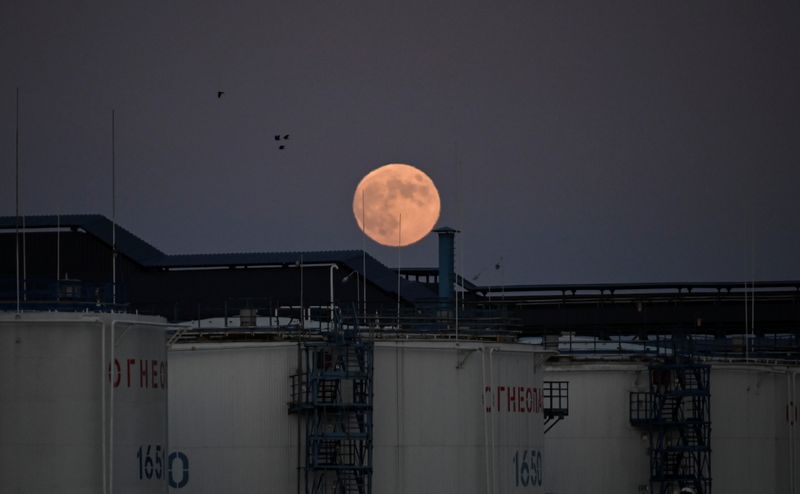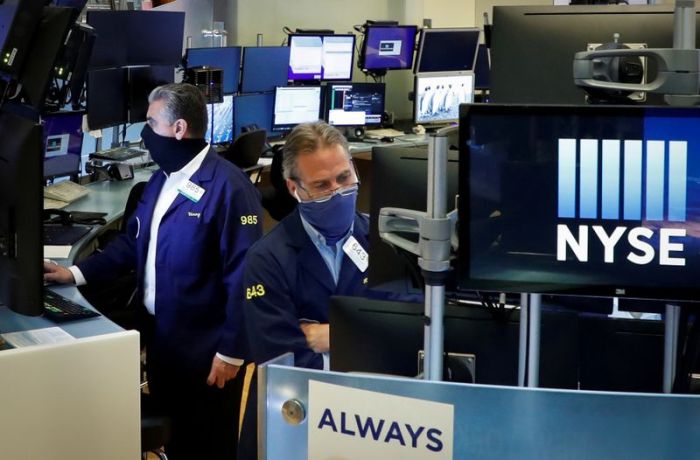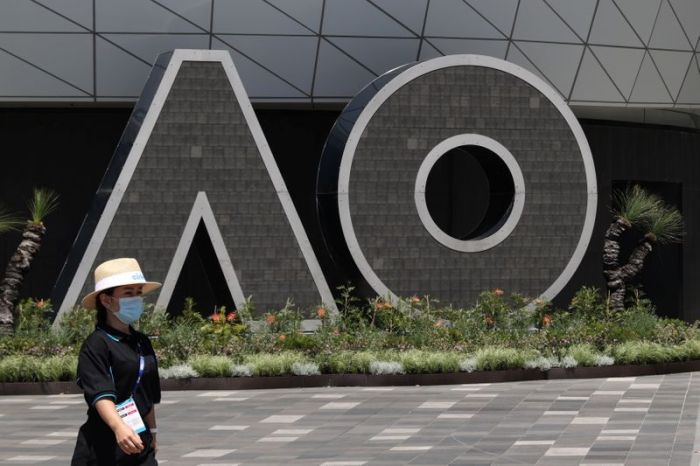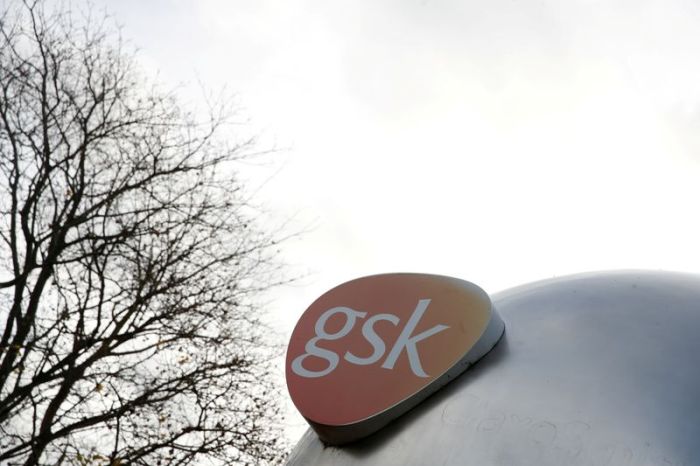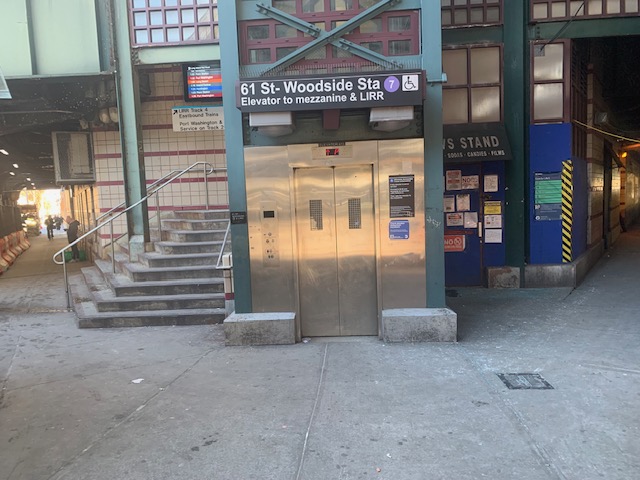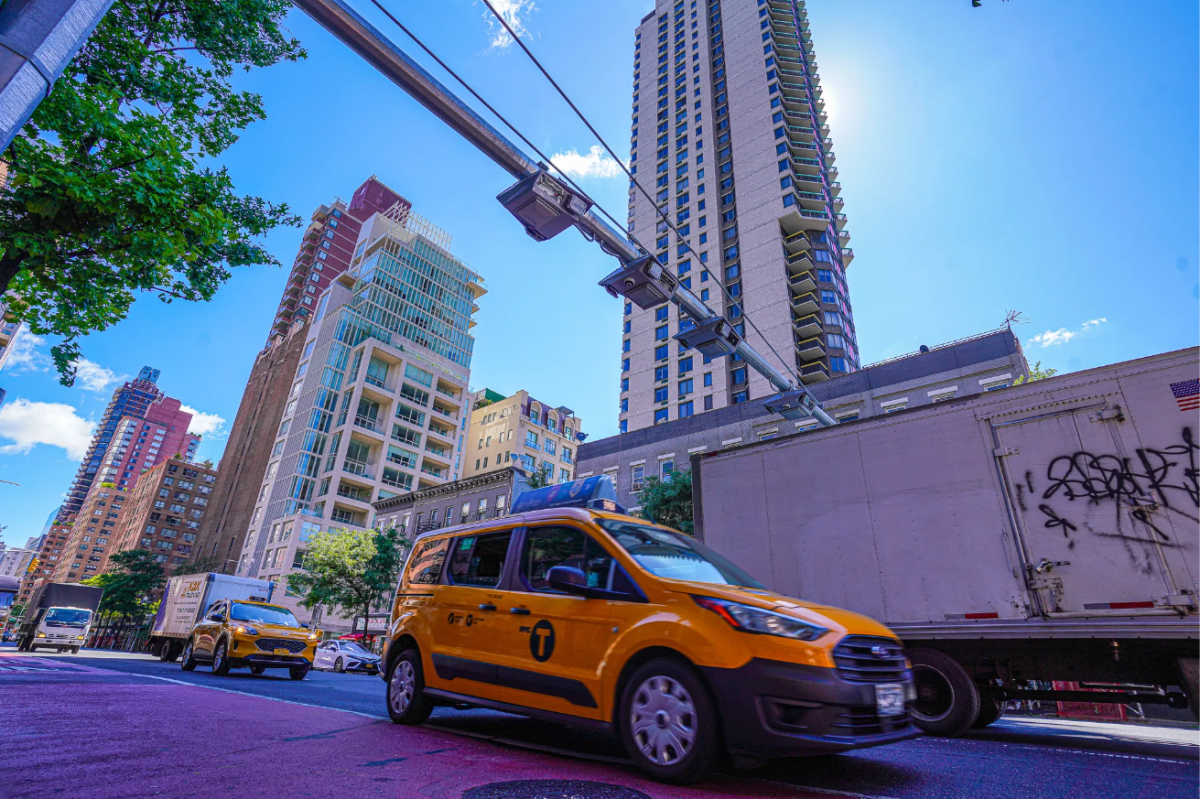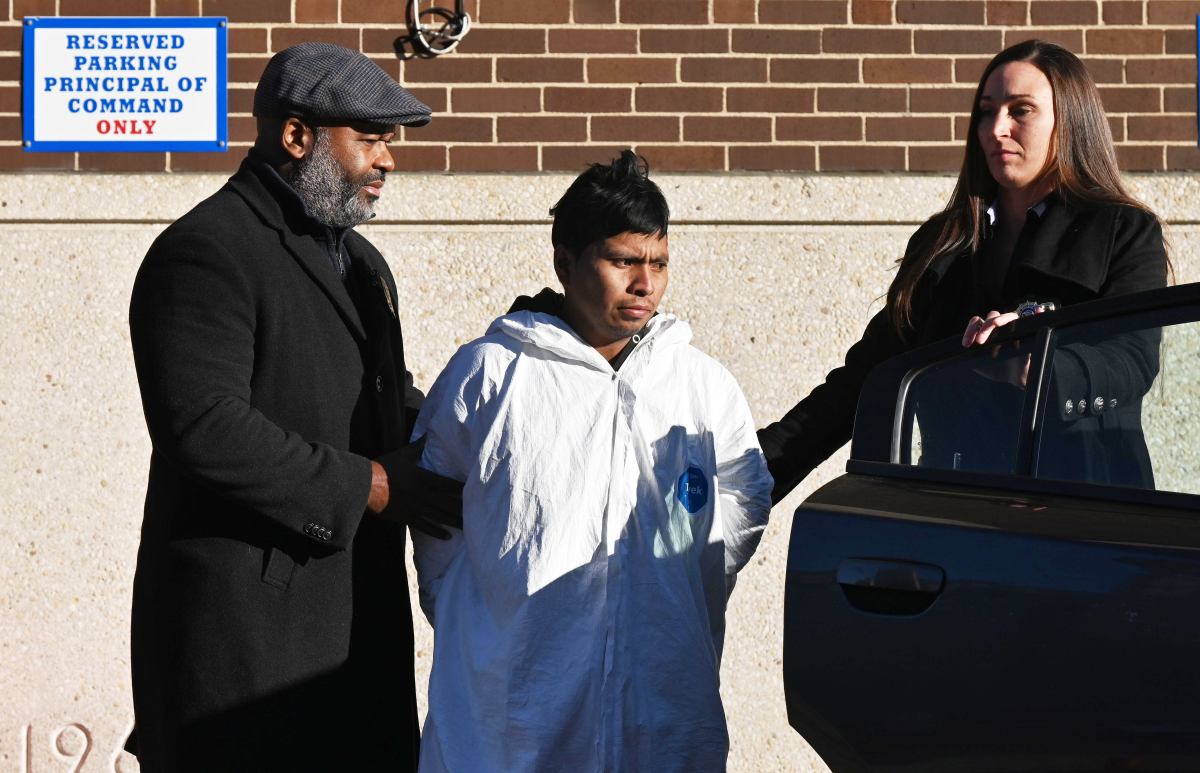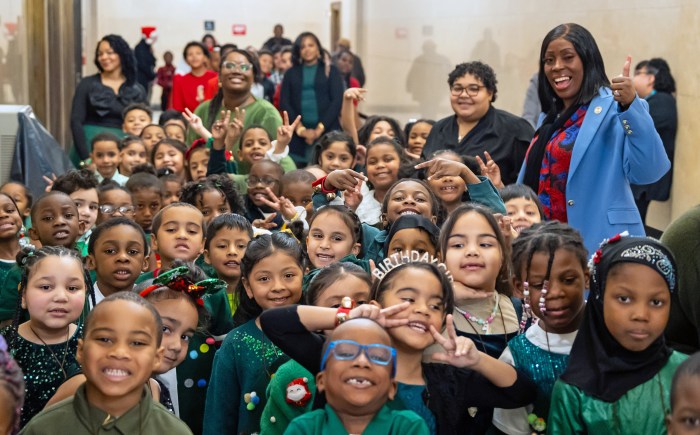NEW YORK (Reuters) – Oil prices rose almost 2% on Wednesday, with U.S. crude reaching its highest settlement level in a year after stockpiles fell to their lowest levels since March.
U.S. West Texas Intermediate (WTI) crude futures rose 93 cents, or 1.7%, to settle at $55.69 a barrel, the highest since Jan. 22, 2020, after touching a high of $56.33 earlier in the session.
Brent crude futures rose $1, or 1.7%, to settle at $58.46 a barrel, the highest since Feb. 21, 2020.
Both benchmarks are also currently at their steepest ‘backwardation’ level in a year. That’s where contracts for near-term delivery are more expensive than later supplies, a signal of current demand and expectations of tighter supply. The current U.S. contract trades at $2.30 more than the contract expiring six months later.
U.S. crude oil stockpiles fell last week to 475.7 million barrels, the Energy Information Administration said on Wednesday, their lowest since March. Refinery utilization rates rose by 0.6 percentage points.
“Refineries are back in business, which is supportive for crude,” said Phil Flynn, senior analyst at The Price Futures Group in Chicago.
The market has been bolstered by deep supply cuts from the Organization of the Petroleum Exporting Countries and allies, which on Wednesday maintained ongoing supply cuts.
A document seen by Reuters on Tuesday showed that OPEC+ expects the oil market to be in deficit throughout 2021, peaking at 2 million barrels per day in May.
“The oil market continues to look for better days ahead with an increasing rollout of the vaccine, encouraging demand, while OPEC+ continues to restrain production,” said Andrew Lipow, president of Lipow Oil Associates in Houston.
The market was also bolstered by news that Democrats in the U.S. Congress took the first steps toward advancing President Joe Biden’s proposed $1.9 trillion coronavirus aid plan.
The United States has filed a lawsuit to seize a cargo of oil it says came from Iran rather than Iraq, as stated on the bill of lading, and contravenes U.S. terrorism regulations.
(Reporting by Stephanie Kelly in New York; additional reporting by Shadia Nasralla, Shu Zhang and Sonali Paul. Editing by Marguerita Choy, Paul Simao and Sonya Hepinstall)

